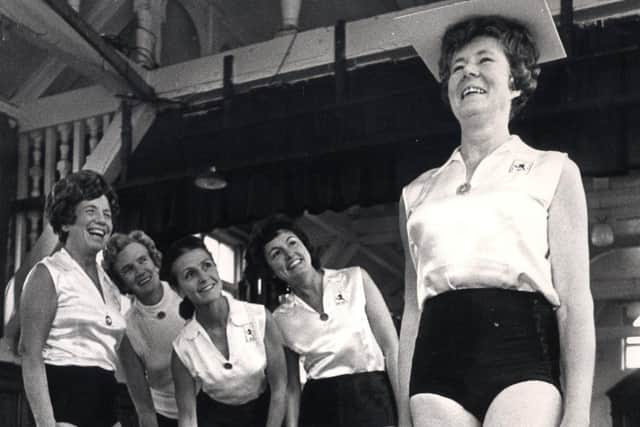Sheffield women asked for their stories on health
and live on Freeview channel 276
A team from the University of Essex are looking for women from Yorkshire or who migrated to the UK during that time.
The Body, Self and Family project is studying women’s experiences of physical and emotional health in times of sweeping social change to help girls today, and they need you to tell your story.
Advertisement
Hide AdAdvertisement
Hide AdVolunteers taking part in the project will be asked how they learnt about their health, what knowledge was passed on through families, and how their health was affected by class, race and sexuality.


Dr Kate Mahoney, from Essex’s Department of History, explained: “We know relatively little about the everyday health experiences of women in post-war Britain but what we do know is that the pattern of their lives changed almost beyond recognition and they expected to lead very different lives to those of their mothers and grandmothers.
“Marriage rates declined and divorce rates increased, the introduction of the Pill meant women had fewer children, and more women entered the workplace.
"LGBTQ+ people fought for rights and became much more visible in society. Migration to the UK increased, and so did the British black, Asian and minority ethnic population.
Advertisement
Hide AdAdvertisement
Hide Ad"It was a time of sweeping social change and we want to know what these changes meant for women’s everyday experiences of physical and emotional health.”
Interviews will be by phone or video call. To take part or find out more, email [email protected]
